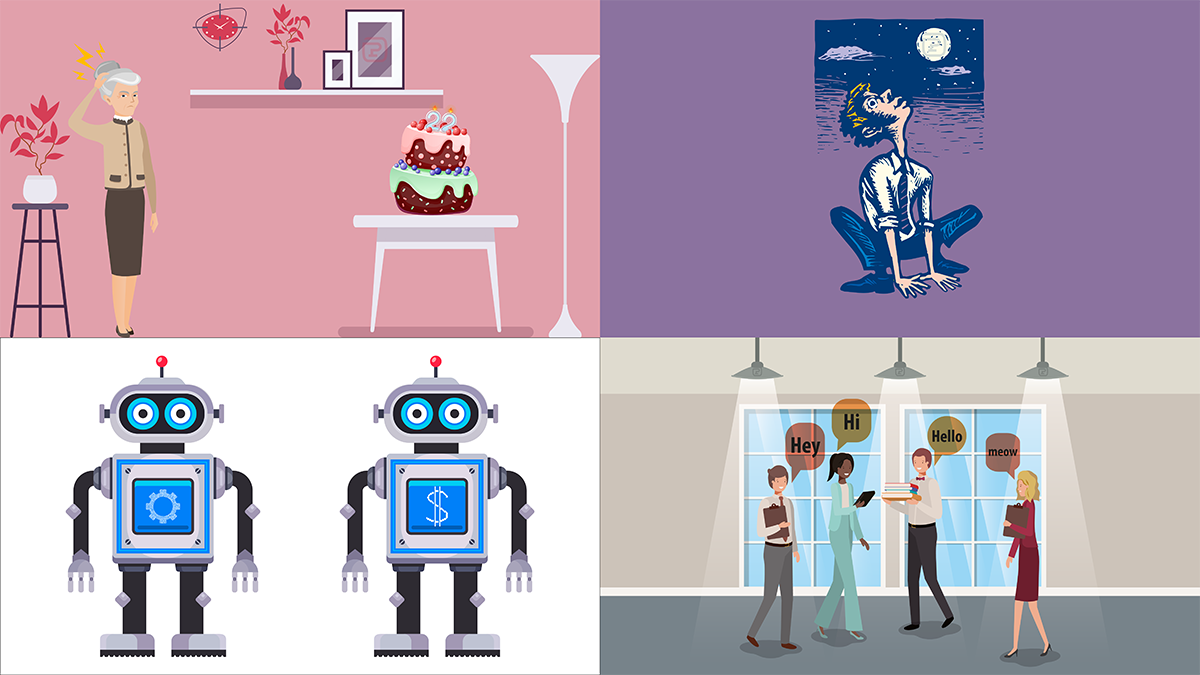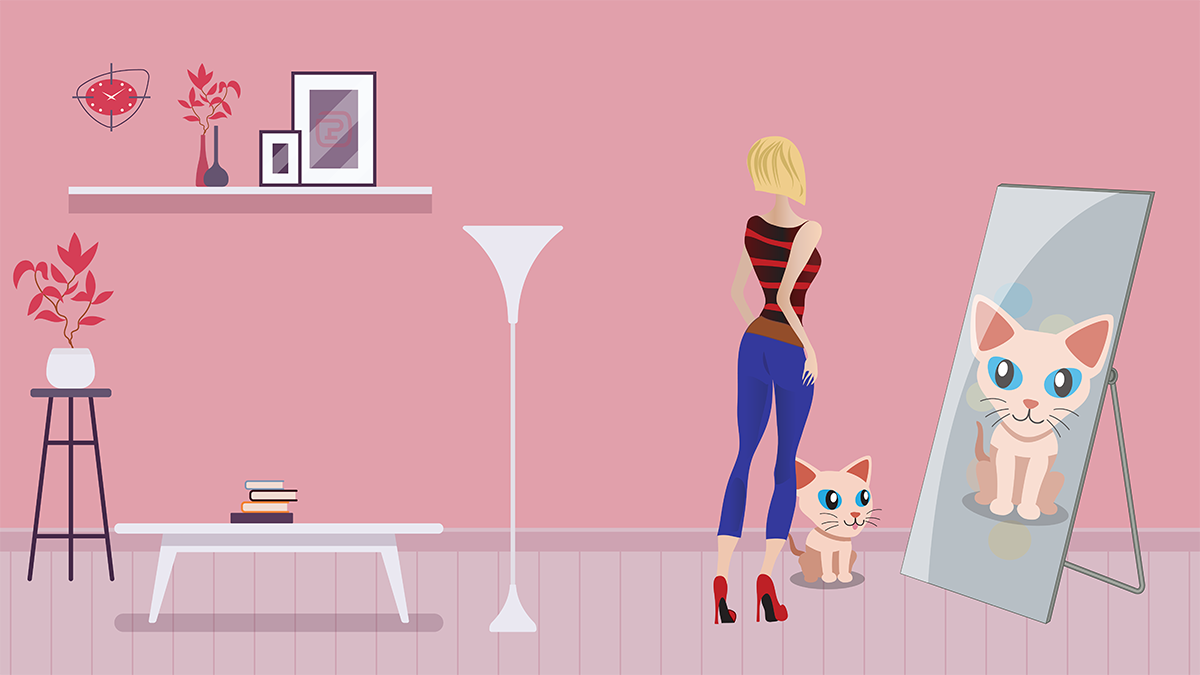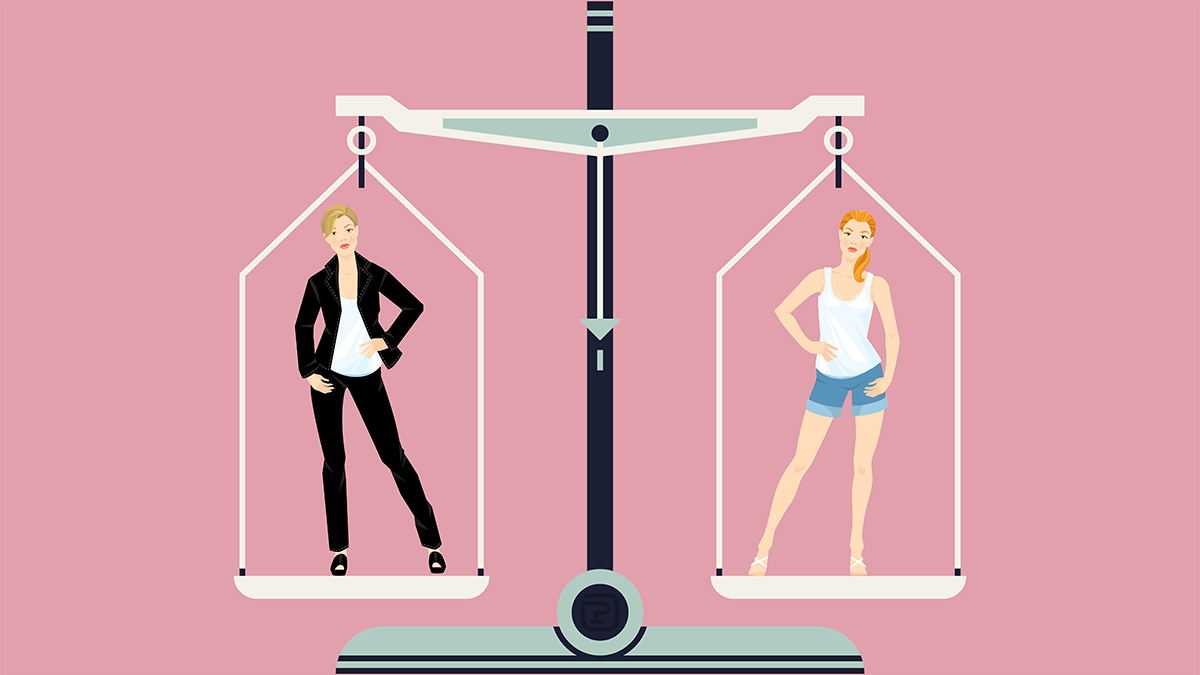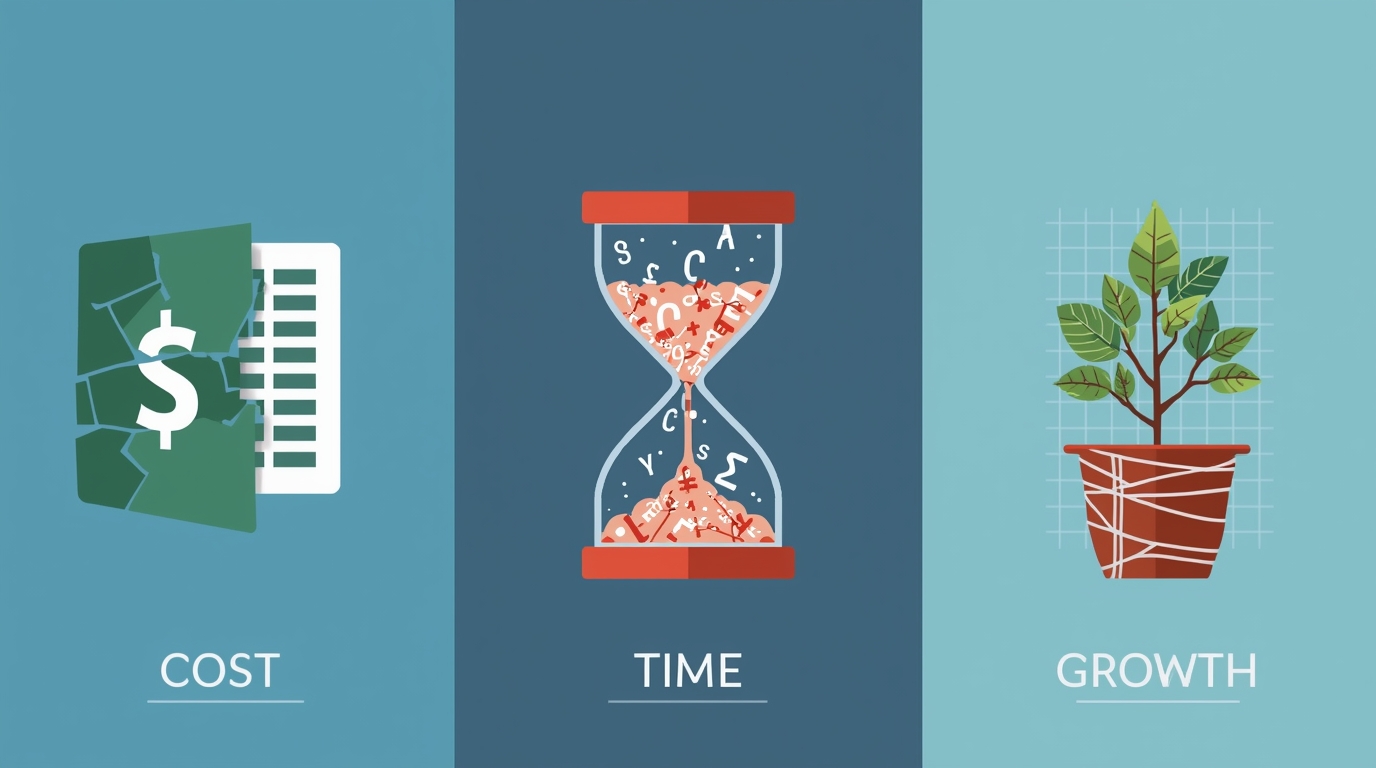The COVID-19 pandemic has forced a huge number of people around the world to move their workplace from the office to their home in order to minimize the risk of infection. For many, this change has become a one-way ticket: they no longer plan to return to the office, even if all quarantine restrictions are lifted. Why is this the case? Is it a good or bad thing?
Pros of working from home

Nowadays, many people can do all their work online, and they benefit from being able to live and work wherever they want, including at home.
For employees, this is an opportunity to save time and money that would be spent commuting to the office and back. This is an obvious benefit, as it frees up time to earn more money or simply enjoy hobbies, family, leisure time, etc.
This is also beneficial for employers: they can save on overheads such as rent and equipment. And with modern technologies, production processes can be managed from anywhere in the world where there is an internet connection.
So maybe these offices are completely redundant?
It’s not that simple...

And the reason for this is how our brains are hot-wired.
Before (and for a long time after) our ancestors left the African savanna, they evolved as social beings. People could only survive in groups, helping each other out. No one can survive alone in the wild for long, so they had to be part of a community.
Positive social communication leads to the production of serotonin in our brain—one of the pleasure hormones that creates a feeling of happiness and well-being.
But in the modern world, we can easily survive on our own. In fact, it is safer at home: no one will infect us, we won’t get run over by a car, and no members of a neighboring tribe will come and attack us. But our brain has not kept up with social changes: over the past 50,000 years, it has changed very little and still seeks a social group that will provide safety and security. Our brain is simply not aware that we have entered the 21st century!
The fate of a loner

The lack of real world communication causes great stress that undermines mental health. In particular, a lack of serotonin slows down neurogenesis. In other words, fewer nerve cells are formed in the brain, as a result of which intellectual abilities decline and a person even ages faster.
These processes take place without our conscious awareness and are manifested in the emergence of groundless fears, depression, problems with digestion, etc.
However, not everyone is convinced by this argument, as our need for communication can be met outside the office. We have family, friends, hobby groups, we can volunteer and find many other places where we can communicate with others. But we might not be aware that we are suffering from a lack of communication, and it may be hard to find people to talk to. In any case, it is not good for us to be alone all day long.
However, even if you have more than enough contact with other people, you still lose many social skills if you are not physically part of a team. Having got used to the fact that you just do your job and get paid for it at the end of the month, your employer will begin to perceive you not as a person, but as a resource; a means to an end. In turn, you will develop the same utilitarian attitude towards your employer. You become a biorobot, performing your functions, while your employer becomes a biorobot who pays your wage. You are no longer part of the same social group and have less interest in each other, even if you correspond through a chat service.
But what’s wrong with that? Maybe you are satisfied with your role as a performer of functions?
The bad news is that this means you can forget about career development. Career development requires the ability to effectively communicate with people and build social connections (not to be confused with social networks). Nobody will offer you an important leadership position without knowing you as a person.
Yes, career advancement can stagnate for those who work in the office. Sometimes you have to wait years to get that promotion. But it also takes years to develop social skills (soft skills). It takes many years of practice to learn how to dress for any event, what kind of joke will be inappropriate, what the gestures and facial expressions of your interlocutor mean.
After spending a couple of years at home, you will lose your social skills: you will forget how to read non-verbal signs, choose the right moment to respond, and predict how others will react to your words and actions.
You will then enter the following vicious circle: reduction in real-world communication > deterioration in social skills > stress during communication > the desire to further reduce real-world communication.
Personality and society

The human brain is designed in such a way that in a state of rest it simulates various social situations: it analyzes the dialogs it hears, the actions of people, reactions to them, comes up with behavioral models in case of a repetition of similar events, etc. All our “background” thoughts are somehow focused on people and the relationships between them—after all, this is essential if you want to learn how to communicate with others.
If these people and situations are real and happened recently, the picture of the world around you that you have simulated is closest to the real one. If you are imprisoned within four walls and your brain does not receive new “data,” it can only work with what it has: images of real people recorded in the past, characters of novels and films, actors, politicians, etc. Having applied your filters of perception, your brain can generate an imagined picture of reality, and you won’t even know about it.
Everyone communicates with a lot of people throughout their life—directly or in their imagination. In the absence of communication, they become less and less human. Outside of society, a person cannot exist: a personality falls into the shadows, becomes worthless. Imagine that there was a global cataclysm, as a result of which everyone died, and you were left on Earth as one—in a couple of years what sort of person would you be?
Think about who will shape your personality if you stop going to the office. Bloggers, actors, news announcers, parents, your cat? It may well be that you have a good answer to this question. It is important that you do.
Symbiosis

You can combine the pros and minimize the cons of working from home/the office. If you can work from anywhere, then there is really no need to sit in the office from nine to five. This means you can go to the office once or twice a week instead of every day and commute to work outside of the rush hour. In this way, you can avoid the stress of relentless commuting and at the same time still feel like a part of a human community.

.png)
.png)


